
Meet the world’s highest-performing server processors for technical computing¹
Experience outstanding performance leadership
Elevate Technical Computing
Formerly codenamed “Milan-X”, the 3rd Gen AMD EPYC™ processors with AMD 3D V-Cache™ technology is the world’s first data center CPU using 3D die stacking.
Built on the “Zen 3” core architecture, these processors deliver up to 66% performance uplift across a variety of targeted technical computing workloads versus comparable, non-stacked 3rd Gen AMD EPYC™ processors.
Dan McNamara, Senior Vice President and General Manager of the Server Business Unit, introduces AMD EPYC™ processors with AMD 3D V-Cache™ technology.

Watch video
AMD EPYC™ Processors with AMD 3D V-Cache™ Technology
Technical computing workloads² like Computational Fluid Dynamics (CFD), Electronic Design Automation (EDA), and Finite Element Analysis (FEA) require intense computing power. Discover the performance gains that come with AMD EPYC™ processors with AMD 3D V-Cache™ technology. These are the first server processors to leverage true 3D die stacking.
- Deliver 3X the L3 cache for breakthrough per-core performance³
- Help lower TCO while accelerating product development
- Support sustainability through exceptional energy efficiency
- Provide the confidence of modern security
Run technical simulations like never before, quicken time-to-insight, and get products to market faster.

Cutting-Edge Security Features
With security threats on the rise, you need to ensure maximum protection for your critical data. AMD EPYC™ processors come with AMD Infinity Guard—a full suite of cutting-edge security features, built into the silicon and designed to defend against internal and external threats.⁴
AMD Infinity Guard helps decrease potential attack surfaces as software boots, executes, and processes your data. It includes:
- Secure Encrypted Virtualization (SEV) to help safeguard VM privacy and integrity
- Secure Nested Paging (SEV-SNP) for strong memory integrity protection capabilities
- Secure Memory Encryption (SME) to help guard against attacks on main memory
- AMD Shadow Stack™ for hardware-enforced stack protection capabilities against malware attacks

Energy Efficiency
AMD EPYC™ processors power the most energy efficient x86 servers, delivering exceptional performance and reducing energy costs. EPYC CPUs help minimize environmental impacts from data center operations while advancing your company’s sustainability objectives.
AMD has even bigger plans in place for the future. We recently announced a goal to deliver 30x increase in energy efficiency for AMD processors and accelerators powering servers for AI-training and HPC from 2020-2025. Our goal equates to a 97% reduction in energy use per computation by 2025. If all AI and HPC server nodes globally were to make similar gains, billions of kilowatt-hours of electricity could be saved in 2025 relative to baseline trends.
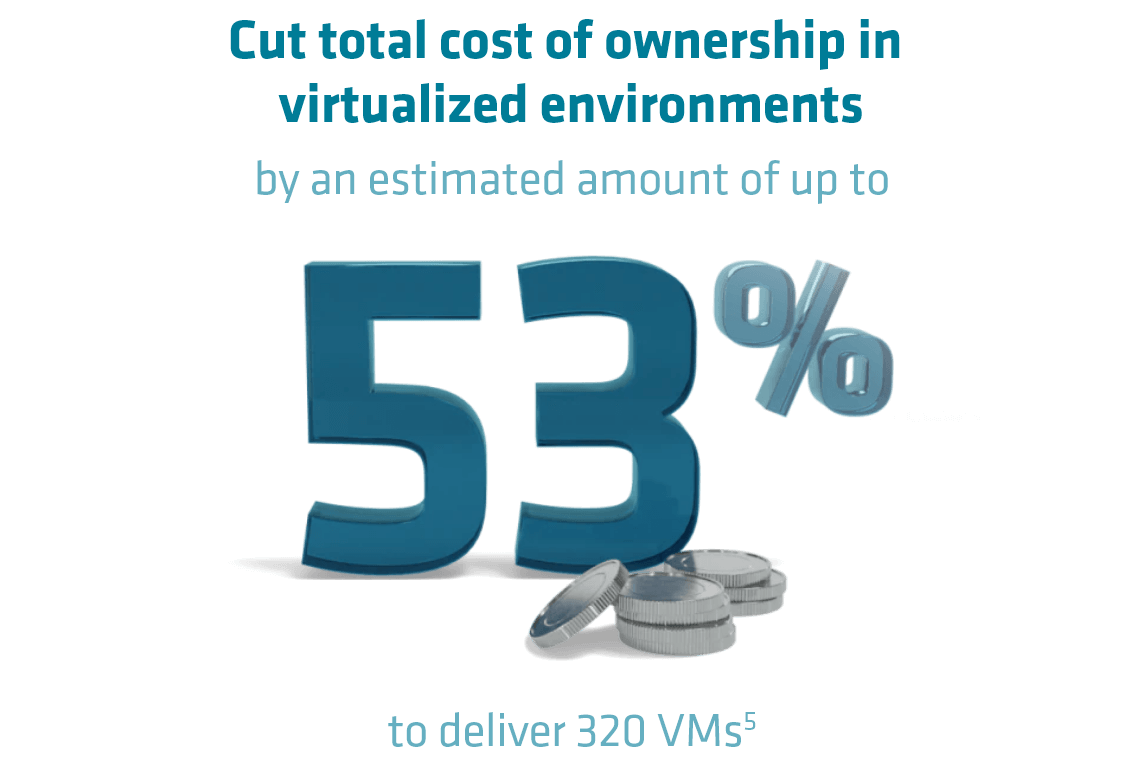
Outstanding Return on IT Investment
Capture the full value of your IT investment with AMD EPYC™ processor-powered servers that improve time-to-value for your applications and help you gain business-critical insights faster.
AMD EPYC™ processor-powered single-socket servers also deliver compute power that is right-sized for your workloads, so that you may be able to satisfy your business requirements without having to scale up to dual-socket servers—thus helping minimize licensing costs and reducing power consumption.
Try Our TCO Estimation ToolBacked by Industry Leaders
Major infrastructure and software providers work with AMD to help ensure your applications work exceptionally well with AMD EPYC™ processor-powered servers. AMD EPYC™ processors run virtually all x86 applications, enable worry-free migration, and seamlessly integrate into existing x86 infrastructures.
Whether you are seeking virtualization, containerization, hybrid cloud, or software-defined infrastructure opportunities, there is an AMD EPYC™ processor-powered solution to meet your needs—all thanks to our strong partnerships with these industry leaders.


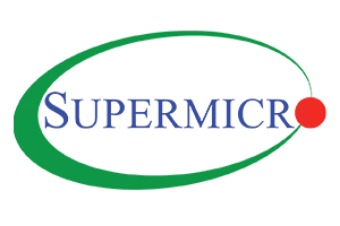
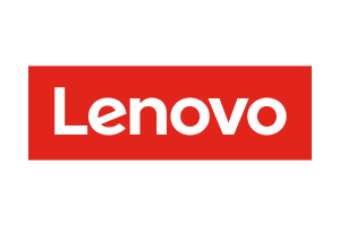
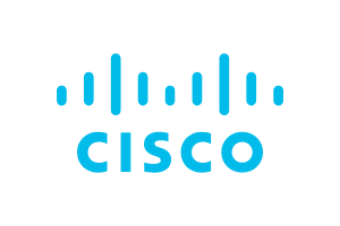
Software Partners
Discover outstanding performance leadership with AMD EPYC™ processors with AMD 3D V-Cache™ technology.
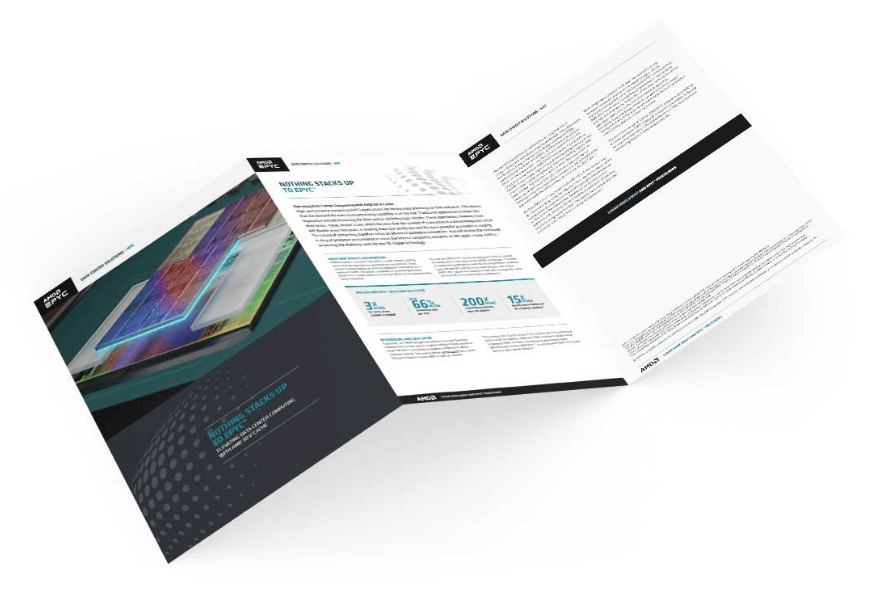
1. MLNX-032: World’s highest performance for technical computing comparison based on AMD internal testing as of 2/14/2022 measuring the score, rating or jobs/day for each of estimated SPECrate®2017_fp_base, Ansys Fluent, Altair Radioss and Ansys LS-Dyna application test case simulations average speedup on 2P servers running 32-core EPYC 7573X to 2P servers running 32-core Intel Xeon Platinum 8362 for per-core performance leadership and on 2P servers running top-of-stack 64-core EPYC 7773X to 2P servers running top-of-stack 40-core Intel Xeon Platinum 8380 for density performance leadership. “Technical Computing” or “Technical Computing Workloads” as defined by AMD can include: electronic design automation, computational fluid dynamics, finite element analysis, seismic tomography, weather forecasting, quantum mechanics, climate research, molecular modeling, or similar workloads. Results may vary based on factors including silicon version, hardware and software configuration and driver versions. SPEC®, SPECrate® and SPEC CPU® are registered trademarks of the Standard Performance Evaluation Corporation. See www.spec.org for more information.
2. GD-204: “Technical Computing” or “Technical Computing Workloads” as defined by AMD can include: electronic design automation, computational fluid dynamics, finite element analysis, seismic tomography, weather forecasting, quantum mechanics, climate research, molecular modeling, or similar workloads.
3. MLNX-012: EPYC™ 7003 Processors with 3D V-Cache have 768MB of L3 Cache, while EPYC 7003 processors without 3D V-Cache have 256MB.
4. GD-183: AMD Infinity Guard features vary by EPYC™ Processor generation. Infinity Guard security features must be enabled by server OEMs and/or Cloud Service Providers to operate. Check with your OEM or provider to confirm support of these features. Learn more about Infinity Guard at https://www.amd.com/en/technologies/infinity-guard
5. MLNTCO-010: This scenario contains many assumptions and estimates and, while based on AMD internal research and best approximations, should be considered an example for information purposes only, and not used as a basis for decision making over actual testing. The AMD Server Virtualization TCO (total cost of ownership) Estimator tool compares the 1P AMD EPYC™ and the 2P Intel® Xeon® server solutions required to deliver 320 total virtual machines (VM), requiring 1 core and 8GB of memory per VM. The analysis includes both hardware and virtualization software components. Hardware costs (CPU + memory + storage + chassis): The 1P AMD 28 core 1P_EPYC_7453 processor used in this solution analysis provides 28 total cores per server, each processor cost $1570 and the server uses 16 x 16GB DIMMs to achieve the minimum required memory footprint, in a 1RU server chassis that cost $2200, and requires 1 server racks. The AMD solution has a total estimated hardware acquisition cost of $68616. The 8 core Intel Xeon _Gold_6334 processor used in this solution analysis provides 16 total cores per server. Each processor cost $2214 and the server uses 24 x 8GB DIMMs to achieve the minimum required memory footprint, in a 2RU server chassis that cost $2500 and requires 2 server racks. The Intel solution has a total estimated hardware acquisition cost of $174000. PROCESSOR COSTS: AMD processor pricing based on 1KU price as of March 2021. Intel® Xeon® Scalable processor data and pricing from https://ark.intel.com as of September 2020. OPERATING COSTS: AMD has estimated OpEx costs as follows: a hardware admin cost of $132600, a real estate cost of $19440, and a power cost of $28990.918656, for a total estimated 3 year TCO cost (hardware cost and operating expense) of $249647 with AMD. Estimated OpEx costs for Intel are: hardware admin cost of $221000, real estate cost of $38880, and power cost of $63392, for a total estimated 3 year TCO cost (hardware cost and operating expense) of $497272, with Intel. AMD has an estimated 50% lower hardware TCO for this virtualization solution, 1 - ($249647 ÷ $497272) = 50%. The core assumptions for this analysis are as follows: Cost of power @ $0.12 with kwatts (kW) of power to each rack and a PUE (power usage effectiveness) of 2 and a server rack size of 42RU. Each server has 1 hard drives drawing 3 watts each. Server Admin annual salary is $85000 managing 30 physical servers with a salary burden rate of 30%. The VM Admin salary is $85000, with a burden rate of 30% and managing 400 VMs. VIRTUALIZATION TCO: Analysis is based on the following estimates: 3 year Virtualization (hardware, operating, and software cost) for the Intel solution is $1001206 and $586467 for the AMD solution. This means that the AMD solution is ~41% less expensive over three years. 1 - ($586467 ÷ $1001206) = 41%. The AMD solution 1st year TCO per VM of $903.06 where the Intel 1st yr. solution is $1902.79. The AMD 1st year TCO per VM is $999.72, or ~53% lower than Intel. The virtualization software used in this analysis is VMware with a VMware® vSphere Enterprise Plus w/ Production support license. This analysis uses license pricing of $5968.36 per Socket + Core with 3 year support. More information on VMware software can be found @ https://store-us.vmware.com/vmware-vsphere-enterprise-plus-284281000.html. For 320 VMs with 1 core(s) per VM, and 8 GB of memory per VM, the Intel _Gold_6334 processor requires 20 servers, and 40 licenses. The AMD 1P_EPYC_7453 solution requires 12 servers and 12 licenses. The AMD solution requires 40% fewer servers than the Intel solution. The AMD server and virtualization license cost are $140236.32, and the Intel cost are $412734.4. Hardware and virtualization cost are ~$272498 or ~66% Lower w/ AMD. Virtualization software pricing as of 09/14/2021. Third party names are for informational purposes only and may be trademarks of their respective owners. All pricing is in USD. Results generated by: AMD EPYC™ SERVER VIRTUALIZATION TCO ESTIMATION TOOL VERSION: v9.43

